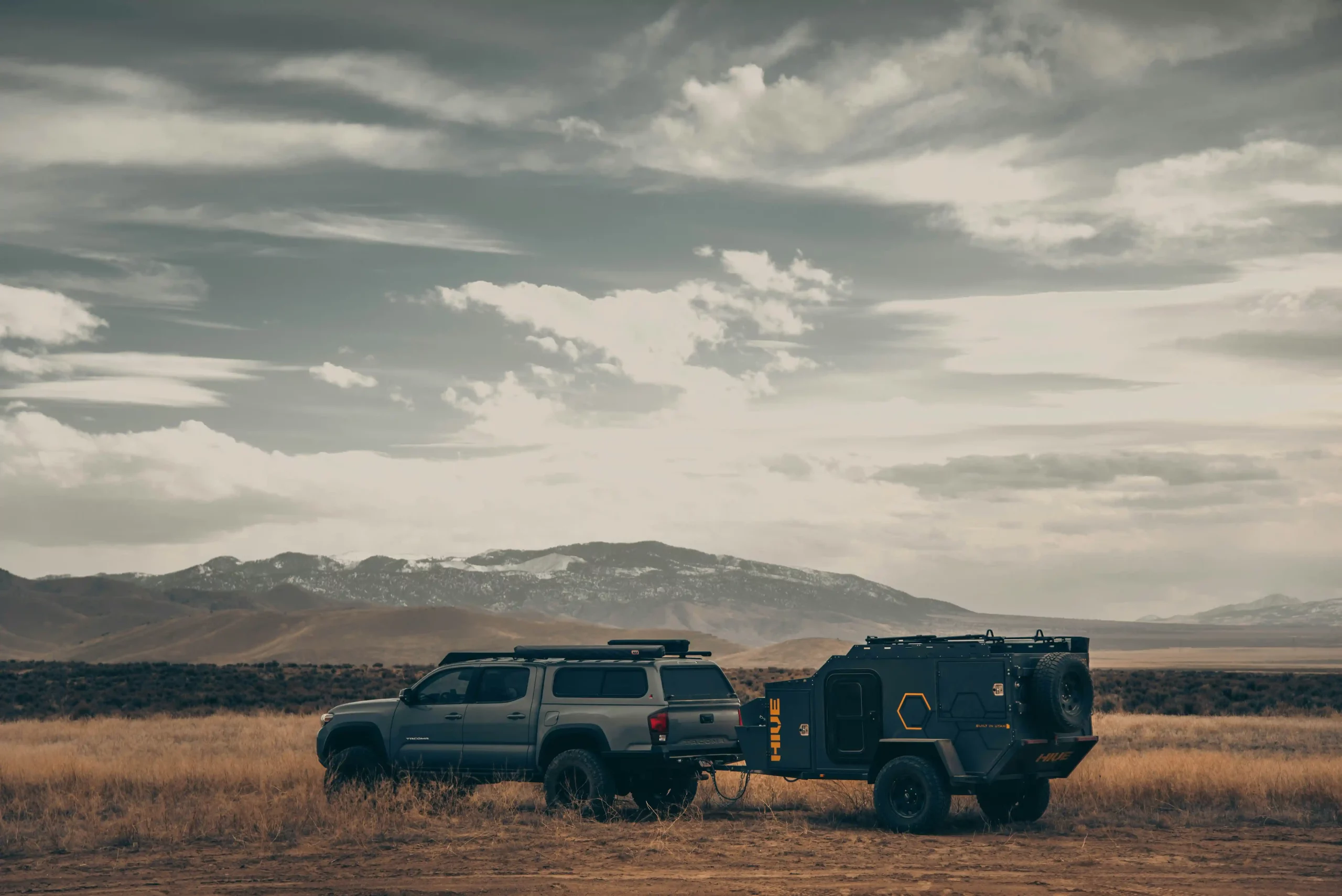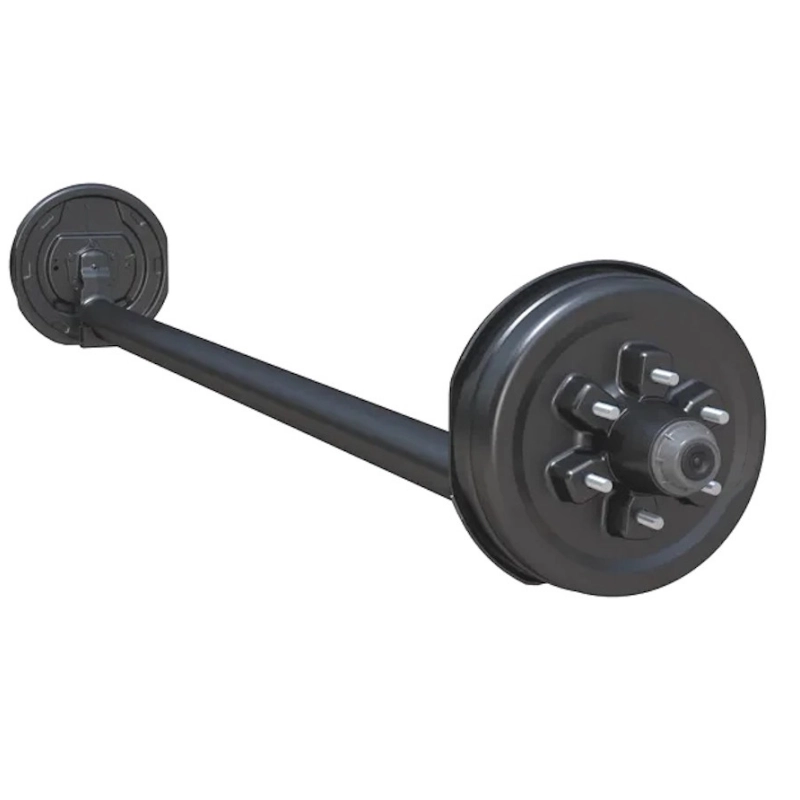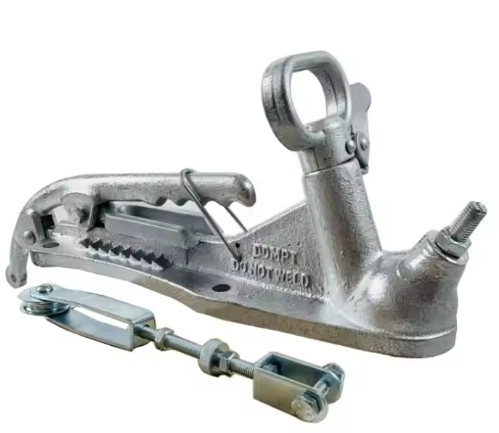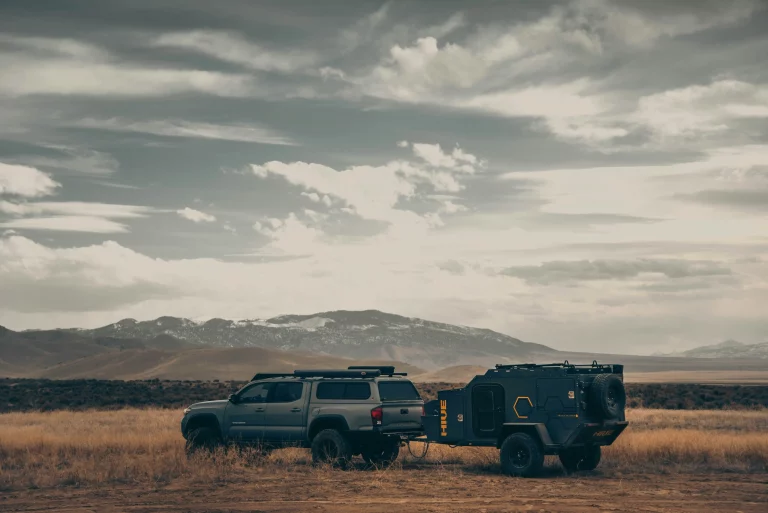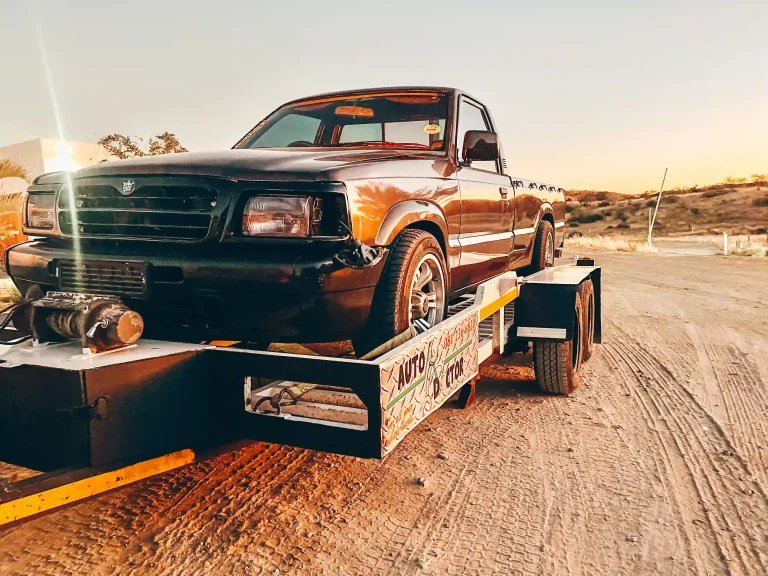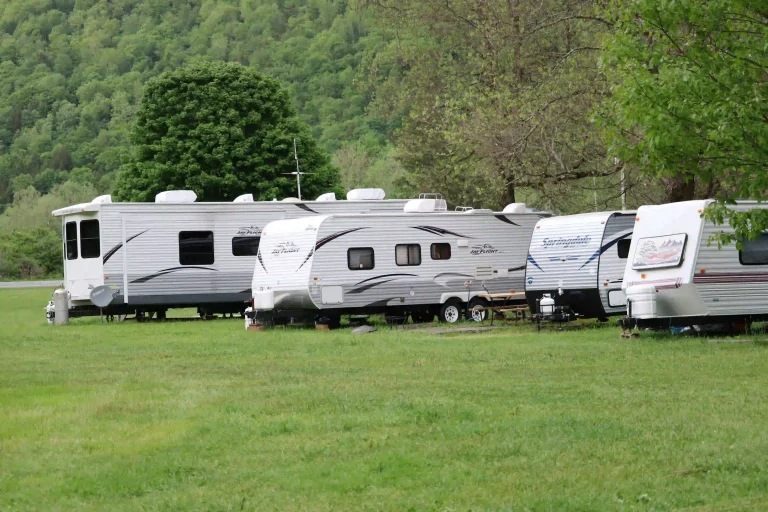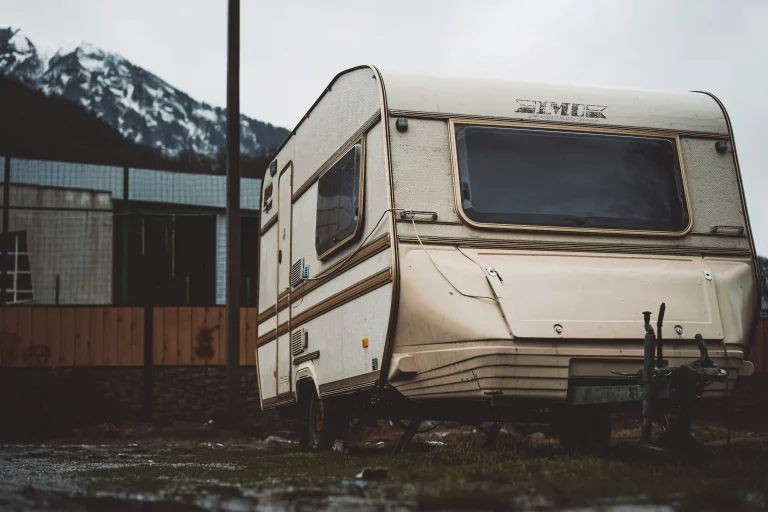Pulling a trailer in Victoria, Australia, is a frequent activity—whether you’re moving a caravan for a seaside journey, carrying farming tools, or shifting supplies for a job. Yet, grasping Victoria’s brake requirements for trailers is critical to remain lawful under state rules and keep the roads safe. A major choice you’ll encounter is picking between electric and hydraulic brake setups. This article unpacks Victoria’s laws clearly, examines these two brake options, and provides handy tips to guide you toward the best pick for your towing demands.
Why Brake Systems Matter in Victoria
Trailer brakes aren’t merely extras—they’re a legal and safety must in many situations. Victoria’s road officials, including VicRoads, apply tough regulations to stop mishaps from overloaded or runaway trailers. The proper brake setup can decide between a steady journey and a risky slide, particularly on Victoria’s varied paths, from crowded Melbourne freeways to twisting Great Ocean Road bends. Let’s look into what the state expects and how electric and hydraulic setups play a role.
Victoria’s Brake Requirements for Trailers: The Basics
When Are Brakes Required in Victoria?
In Victoria, trailer brake rules depend on the Gross Trailer Mass (GTM)—the full weight of the trailer and its cargo when packed. Here’s a quick summary:
| Trailer GTM | Brake Requirement | Additional Notes |
| Up to 750 kg | No brakes required | Safety chains are still mandatory |
| 751–2,000 kg | Brakes on at least one axle | Can be overrun or controlled brakes |
| Over 2,000 kg | Brakes on all wheels | Must be controlled (electric/hydraulic) |
- Light Trailers (Up to 750 kg):Small utility carriers or bike holders often fit here. No brakes are necessary, but safety chains are a must.
- Medium Trailers (751–2,000 kg):Picture small caravans or boat haulers. Brakes are needed on at least one axle, and overrun brakes (mechanical) are allowed.
- Heavy Trailers (Over 2,000 kg):Bigger caravans, animal carriers, or gear haulers require brakes on all wheels, managed by the towing vehicle.
Legal Compliance Beyond Brakes
Brakes are only part of the picture. Victoria also demands:
- Breakaway Systems:For trailers over 2,000 kg GTM, a breakaway setup must trigger brakes if the trailer breaks loose.
- Registration:All trailers must be logged with VicRoads. Heavier ones need yearly reviews too.
Electric vs. Hydraulic Brake Systems: A Deep Dive
Electric Brake Systems in Victoria
Electric brakes rely on an electronic device in the towing vehicle to power trailer brakes through electromagnets. They’re favored for their accuracy and flexibility.
How They Work
- A device sends an electric pulse to the trailer’s brake magnets.
- These magnets press the brake drums, slowing the trailer down.
- The driver can tweak the braking strength from inside the cab.
Pros and Cons
- Pros:
- Very quick to respond and easy to adjust.
- Perfect for heftier trailers (over 2,000 kg GTM).
- Satisfies Victoria’s brake requirements for trailerswith all-wheel braking.
- Cons:
- Needs a matching tow vehicle with a device.
- Trickier wiring might raise initial costs.
Electric brakes excel for long-distance towing, like caravanning on the Hume Highway. Boost your rig with dependable electric brake components to keep it lawful.
Hydraulic Brake Systems in Victoria
Hydraulic brakes use fluid force to trigger the trailer’s brakes, often tied to the towing vehicle’s fluid system or a standalone actuator.
How They Work
- Force from the tow vehicle (or an overrun device) moves fluid to the brake calipers or drums.
- This activates the brakes, easing the trailer’s speed.
Pros and Cons
- Pros:
- Straightforward and tough, with fewer electric bits.
- Suits medium trailers well (751–2,000 kg GTM).
- Less upkeep for simple designs.
- Cons:
- Not as flexible as electric setups.
- Might not fit heavy trailers needing exact control.
Hydraulic setups work nicely for country towing, like moving hay in Gippsland. Pair them with strong trailer axles for lasting strength.
Practical Scenarios: Meeting Victoria’s Brake Requirements
Towing a Caravan to the Great Ocean Road
Imagine a 2,500-kg caravan for a family outing. Victoria’s laws call for brakes on all wheels. Electric brakes are top-notch here—they give control on sharp drops. Match them with a solid trailer coupling for a firm hitch.
Hauling a Boat Carrier to Port Phillip Bay
A 1,200-kg boat hauler needs brakes on one axle. Hydraulic overrun brakes are a budget-friendly pick. They kick in when the tow vehicle slows, keeping it simple yet lawful.
Moving Farm Tools in the Wimmera
For a 3,000-kg gear hauler, all-wheel brakes are required. Electric setups offer the accuracy needed for big loads on rough ground, ensuring you stay safe and legal.
GO Trailer: Your Trusted Source for Trailer Brake Systems
Before we close, let’s shine a light on GO Trailer. As a dependable provider of trailers and brake setups, GO Trailer supplies everything from electric controls to hydraulic pieces. Their top-notch items make sure your trailer meets Victoria’s rules, whether you’re a casual traveler or a pro hauler. With a wide stock and skilled help, they’re a prime choice for Victorian trailer owners.
FAQs: Victoria’s Brake Requirements for Trailers
Q1. At what weight do Victoria’s brake requirements for trailers start?
A1. Brakes are needed for trailers with a GTM over 750 kg. Up to 2,000 kg, one axle must have brakes; over 2,000 kg, all wheels need them.
Q2. Can I use overrun brakes for a 2,500-kg trailer in Victoria?
A2. No, trailers over 2,000 kg GTM require controlled brakes (electric or hydraulic) on all wheels. Overrun brakes don’t cut it.
Q3. Are breakaway systems part of Victoria’s brake requirements for trailers?
A3. Yes, trailers over 2,000 kg GTM must have a breakaway setup. It triggers brakes if the trailer detaches from the tow vehicle.
Q4. Which is better for Victoria’s brake requirements for trailers: electric or hydraulic?
A4. It hinges on your needs. Electric brakes fit heavier trailers with all-wheel rules, while hydraulic ones suit lighter or simpler setups.
Choosing the Right System for Your Trailer
Picking between electric and hydraulic brakes depends on your trailer’s GTM, how often you tow, and the landscape. For lighter loads, hydraulic ease might win out. For heavier hauls, electric accuracy leads the way. Either way, sticking to Victoria’s brake requirements for trailers is a must—check your GTM, fit the right setup, and keep it in shape regularly.
Ready to Tow Safely in Victoria? Get Started Today!
Don’t chance penalties or safety risks on Victoria’s roads. Whether you need electric brake controls, hydraulic pieces, or skilled advice, GO Trailer has the answers. Explore their trailer brake parts now and ensure your rig meets state rules. Safe towing begins with the best tools—upgrade today and roll out with assurance!


